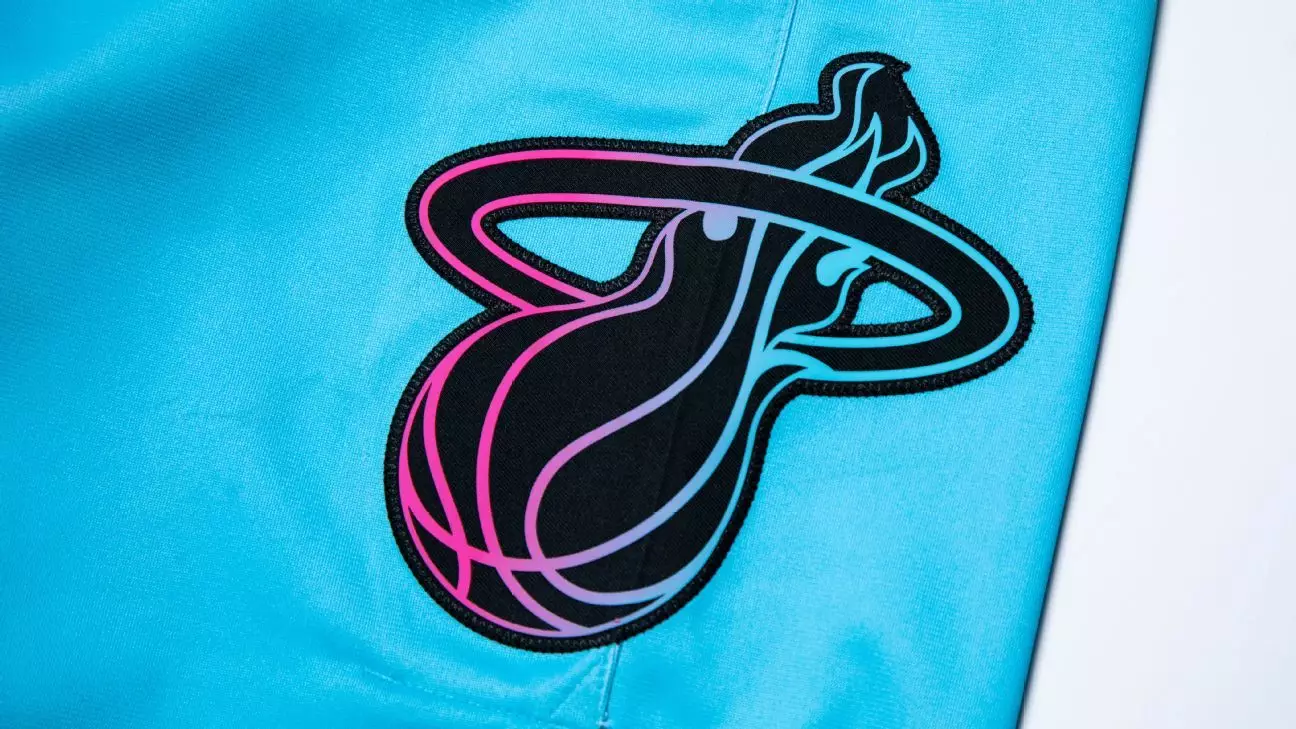In an era where sports memorabilia often fetches astronomical sums, the illegal trading of stolen sports items has become a shadowy industry that threatens the integrity of athletic history. The recent case involving a former Miami Heat security officer exemplifies the growing fragility of trust within sports franchises. With access to highly coveted items stored securely for future display, insiders like Perez hold tremendous power—and, as it turns out, significant temptation. The theft and resale of over 400 jerseys, including priceless pieces worn by legendary players like LeBron James, unearths a deeper issue: how the allure of quick profits can corrupt even those trusted to safeguard sporting treasures. The criminal’s ability to purge millions from the market underscores how the black market for sports memorabilia has evolved into a lucrative pipeline, often cloaked in secrecy and deception.
Systemic Vulnerabilities and the Cost of Complacency
This case reveals unsettling vulnerabilities within team security protocols and asset management strategies. Perez’s role as a long-time employee, with privileged access to the equipment room, underscores a critical failure in safeguarding valuable assets. Organizations often underestimate insider threats, assuming that physical security measures alone offer sufficient protection. However, this incident shows that trust must be coupled with rigorous background checks, comprehensive surveillance, and regular audits. The fact that Perez was able to operate undetected for years, stealing more than 400 items, raises questions about oversight and accountability within the Miami Heat’s operational framework. It is no longer enough to rely on internal trust; proactive measures must be embraced to prevent insiders from exploiting their positions for personal gain.
The Moral and Economic Toll of Sports Crime
Beyond the monetary losses—estimated at around $2 million from sold items—the moral fabric of sports communities is strained. Sports memorabilia often symbolize more than material value; they are cultural artifacts binding fans to heroes and historic moments. The theft of a LeBron James jersey, which later sold for nearly $3.7 million at Sotheby’s, exemplifies the astronomical leap in value that underpins these items. Such cases fuel the underground market, where authenticity and provenance become commodities molded by greed. Moreover, the trust between teams, fans, and the broader sporting community is deeply shaken when those within the organization betray their own. This scandal demonstrates how greed can corrupt core values, turning champions into villains and turning cherished memories into commodities exploited for profit.
Reflections on Ethics and the Future of Sports Security
The Perez incident urges a reevaluation of ethical standards and security measures within sports organizations. While technology can deter and detect thefts, the human element remains crucial. Building a culture of integrity, transparency, and accountability is essential in protecting legendary memorabilia from falling into the wrong hands. Sports franchises need to cultivate internal vigilance, emphasizing that trust is earned and maintained through diligent oversight. As spectators and fans, understanding the depth of the problem fosters a more informed appreciation of what measures are necessary to preserve the sanctity of our sporting icons. Ultimately, safeguarding sports artifacts calls for a combined effort—leveraging technology, ethics, and strict policies—to ensure that the history we cherish is protected from insidious greed.


Leave a Reply